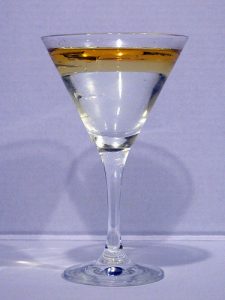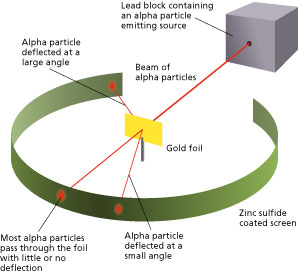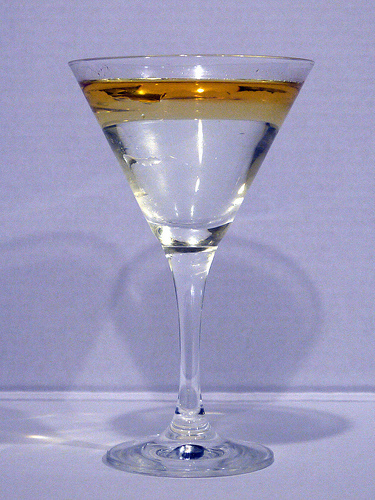Why Does Oil Float on Water
What Property of Oil Makes It Float on Water
Oil being less dense than water floats on it. Had it been denser than water like iron, it would have sunk. Density is mass per unit volume. It means that if you take a cubic cm (cc) of oil, its mass is much lesser than a cubic cm of water. It can also be explained by the concept of the buoyant force.
Buoyant Force
The buoyant force is equal to the weight of the water displaced by the oil when the oil is immersed in water. When oil is in water, the buoyant force is much greater than the weight of the oil. Hence it floats.
For example, suppose you want to dissolve 5 cc of oil in water. On adding the oil to water, it displaces 5 cc of water. Now the weight of that much volume of water is much greater than the same volume of oil. So the buoyant force is greater than the weight of the oil. Therefore oil floats on top of water.

Why Don’t Oil and Water Mix
While dissolving a liquid in another, we should remember the rule, like dissolves like. But oil and water are different. The water molecules are polar. They are attracted to each other due to the intermolecular force of hydrogen bonding (the bond that is formed when the slightly negative oxygen side of a water molecule is attracted to the slightly positive hydrogen side of another water molecule).
On the other hand, the oil molecules are non polar and are not attracted to the water molecules as much since they are hydrophobic or water fearing. The concept of dipole moment helps us to understand it better.
Dipole Moment
A dipole can be thought of as a magnet. It has a positively and negatively charged end analogous to the north and south poles of a magnet. The product of the difference of the magnitudes of the 2 charges and the distance between them is known as the dipole moment or the strength of the dipole. The 2 liquids should have similar dipole moments to mix with each other.
Dipoles having similar strengths dissolve more rapidly with each other than those having dissimilar strengths. Since oil (like those which are hydrocarbon based) and water differ a lot in their dipole moments, they don’t dissolve in each other.
Video
A video explanation is given to help you grasp the concept.
Advantages
- This property of oil is the basis of cleaning greasy clothes and dishes by detergents.This is because detergents are attracted to both oil and water. One side of the detergents is hydrophilic (or water loving) that binds with the water and the other end is hydrophobic and binds with the oil. This forms an emulsion that is nothing but a stable mixture of 2 or more liquids that would not have normally mixed with each other. Thus the detergent pulls off dirt and grime and washes them off with the water.
- Animals living in the oceans or water bodies are benefitted by this property. The oil in their coats and feathers keeps them protected from the cold water in winter.
- Salt water being denser than freshwater, oil floats on the surface of salt water too. You can check this behavior with corn oil, cooking oil, crude oil, etc.
- If we immerse ice in oil in a container, it will float. This is because it is less dense than oil. But as it slowly melts into water, it will sink to the bottom.
Article was last reviewed on Thursday, February 2, 2023








I’m very glad to find appropriate site to solve my doubts. Fantastic article! Thanks for sharing with us.
Okay ,thanks I know now why does oil float in the water
.
Great explanation and this is a solution to my daily wonders on oil and water.
Good And interesting article
Thank you for the interesting article!
Not sure I agree with the comment “…the weight of that much volume of water is MUCH GREATER than the same volume of oil,” comment in the second paragraph under the Bouyant Force heading, though. Emphasis added. I mean, if ice (water) floats in oil, but liquid water sinks to the bottom of a container filled with oil, and the relative density (alt. specific gravity) of liquid water is 1.0, while that of solid water (ice) is 0.91, the weight of water cannot be MUCH GREATER than an equivalent volume of oil.
Next time you’re in the supermarket, hold a quart or pint of water in one hand and an equivalent volume of oil in the other and see what you think.
help me get a great project grade for my school thanks alot